Human Resources
£2360 (£1600 during the tuition waiver period)
The module delves deeply into the intricate nexus between human resource practices and organisational performance. Students will explore a myriad of techniques, tools and methodologies that top-tier organisations employ to attract, retain and develop talent, ensuring that the workforce remains agile, motivated and aligned with strategic objectives. As we navigate through contemporary challenges such as rapid technological advancements, demographic shifts and a growing emphasis on workplace well-being and work-life balance, this course equips learners with the requisite knowledge to craft and implement people-centric strategies that drive superior performance. Emphasis is placed on understanding the psychology of motivation, the dynamics of team collaboration and the role of leadership in fostering a culture of continuous improvement and innovation. By the end of this module, students will possess a holistic understanding of how tailored people management practices can transform organisational challenges into opportunities, ensuring sustained competitive advantage in a dynamic market.


1. Critically understand the key principles of effective people management and their impact on achieving organisational performance objectives
2. Develop competency in crafting and implementing people-centric strategies that drive superior organisational performance
3. Investigate and adapt to modern challenges in people management, considering factors like technological advancements, workforce diversity and shifting employee needs
4. Prioritise continuous improvement, feedback mechanisms and adaptability in crafting and refining people management practices for sustained performance
5. Effectively communicate, present and advocate for tailored people management strategies to diverse stakeholders, ensuring buy-in and collaborative implementation


Scholarships
Citizens of the following countries are eligible for a 50% scholarship upon writing a personal statement. All scholarships are to be approved by the Academic Board. The list of countries are: Sri Lanka, Indonesia, Philippines, Bhutan, Morocco, Vietnam, Papua New Guinea, Laos, Cambodia, India, Nigeria, Ghana, Bangladesh, Laos, Myanmar, Pakistan, Nepal and South Africa. Please talk to your student counselor and ask for the Coupon Code to get the 50% Tuition Waiver.

To pass the unit a 40% overall grade must be achieved.

You are eligible if you meet our stipulated entry requirements.









Key Principles of Effective People Management
Crafting People-Centric Strategies
Adapting to Modern Challenges in People Management
Continuous Improvement and Feedback in People Management
Communication and Advocacy of People Management Strategies
Innovative Leadership and Organizational Development
Ethical Practices and Social Responsibility in People Management